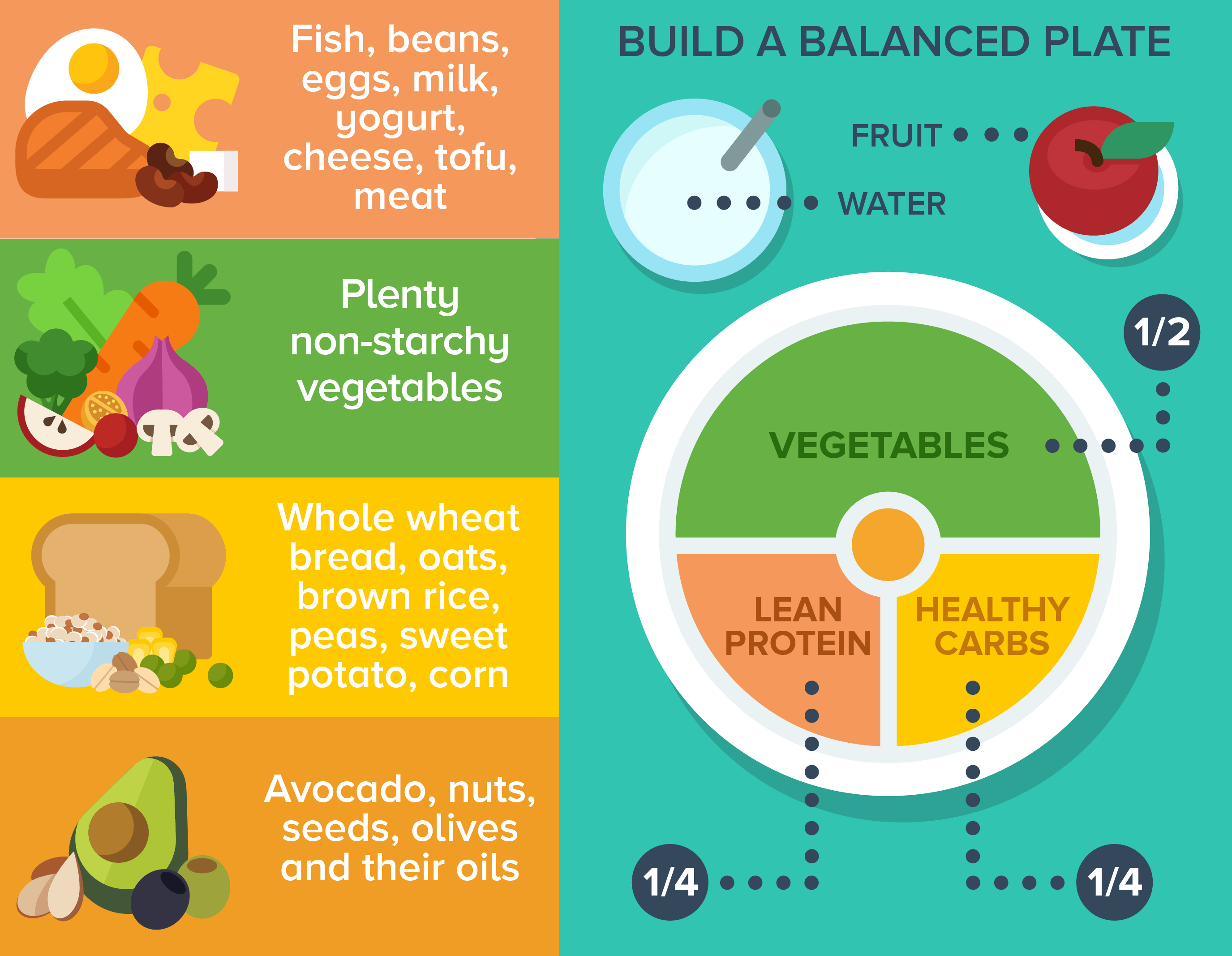Are you tired of jumping from one fad diet to another, looking for the perfect solution to achieve optimum health and maintain a balanced weight? Well, you’re not alone. I’ve been on that wild goose chase myself, and let me tell you, it’s exhausting. But I’ve learned that there’s one key factor that can make all the difference in nourishing our bodies and achieving overall well-being – a balanced diet.
When we hear the term ‘balanced diet,’ our minds often conjure up images of boring, tasteless meals and deprivation. But that couldn’t be further from the truth. A well-rounded and nutrient-rich plate can be both delicious and satisfying. Let’s embark on this journey together and explore the essentials of a balanced diet.
First and foremost, let’s talk about macronutrients – the building blocks of our diet. Carbohydrates, proteins, and fats play a crucial role in providing energy and supporting various bodily functions. However, not all sources of macronutrients are created equal. It’s essential to make smart choices and opt for wholesome, unprocessed options.
Carbohydrates are often demonized, but they are not the enemy. Our bodies need carbohydrates for energy, brain function, and even to regulate mood. The key lies in choosing complex carbohydrates like whole grains, legumes, and fruits over refined and processed ones. These whole food options provide not only energy but also fiber, vitamins, and minerals.
Proteins are the building blocks of our bodies, responsible for repairing tissues, producing enzymes and hormones, and supporting growth. Including a variety of lean sources such as poultry, fish, beans, lentils, and tofu in your diet is crucial. Not only do they provide essential amino acids, but they are also generally lower in saturated fat compared to animal-based proteins.
Now let’s talk fats. Yes, fat is an essential part of our diet too! They help in absorbing certain vitamins, maintaining brain health, and providing energy. While it’s important to limit saturated and trans fats, unsaturated fats like those found in nuts, seeds, avocados, and fatty fish should not be feared. These healthy fats can help reduce the risk of heart disease and inflammation.
Moving on to micronutrients – the vitamins and minerals that are vital for our bodies to function optimally. A well-balanced diet includes a colorful variety of fruits and vegetables, which are packed with an array of micronutrients. Leafy greens like spinach and kale provide iron and calcium while citrus fruits are rich in vitamin C. Carrots and sweet potatoes are loaded with beta-carotene, which our bodies convert into vitamin A.
It’s important to note that each micronutrient plays a specific role in our bodies, and they all work together in a complex web of interconnected functions. Hence, it’s crucial to include a wide range of nutrient-dense foods to ensure we’re getting all the necessary vitamins and minerals. No single food can provide everything our bodies need, so variety is key.
Apart from macronutrients and micronutrients, hydration is a vital aspect of maintaining a balanced diet. Our bodies are made up of almost 60% water, and it’s essential to keep replenishing it throughout the day. Drinking water not only helps with digestion and regulates body temperature but also aids in maintaining healthy skin and supporting overall cellular function.
Now, let’s address the elephant in the room – portion sizes. While the quality of our food is essential, the quantity matters too. Overeating, even nutritious foods, can lead to weight gain and other health issues. Conversely, eating too little can deprive our bodies of essential nutrients. It’s all about finding the right balance and listening to our bodies’ hunger and fullness cues.
Incorporating physical activity into our daily routines is another crucial component of a balanced lifestyle. Regular exercise not only supports weight management but also helps reduce the risk of chronic diseases, improves mental health, and boosts overall well-being. Whether it’s going for a jog, hitting the gym, or practicing yoga, finding an activity that brings you joy will make it easier to stick with it.
In conclusion, achieving a balanced diet is not about following strict rules or extreme measures. It’s about making sustainable and mindful choices that nourish our bodies and support our overall well-being. Building a nutrient-rich plate filled with a variety of whole foods, incorporating regular physical activity, and staying hydrated are the keys to achieving that balance. Remember, it’s a journey, and small changes made consistently over time can lead to significant transformations in our health and happiness. So, let’s strive for balance, one bite at a time.
